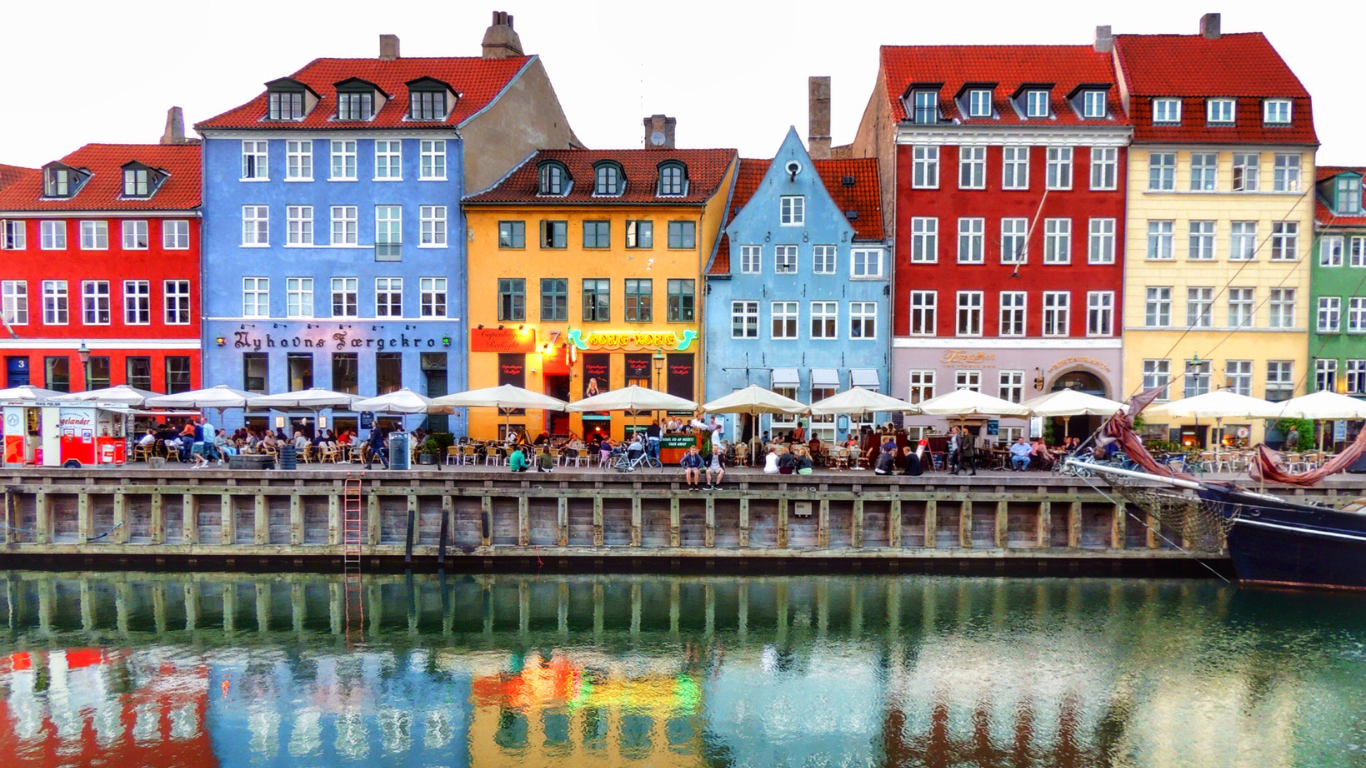
Featured Destinations
DENMARK
Things to do
DENMARK
Day Trips
DENMARK
Free Walking Tours
The best free walking tour guides in the world are here. A “free tour” is a guided city tour where history, culture, and lifestyle are explained. Currently, it is already the first choice for travelers in any city they visit. Get a free walking tour in DENMARK with local guides:
Free Tours in DenmarkLegoland & WOW Park
DENMARK
eSIM for Denmark
Buy an international eSIM and never pay for roaming again. Connect to Unlimited Internet at 3G/4G/LTE/5G speed in minutes and stay in touch with your family and friends. Enjoy a 5% discount on any plan and destination: Promo Code: ITACATOURS5
Get Unlimited InternetAarhus
DENMARK
Aarhus is Denmark’s cool, creative hub, where history, art, and waterfront charm come together. As the country’s second-largest city, it offers a mix of modern architecture, vibrant cultural landmarks, and a thriving food scene. Wander through Den Gamle By, an open-air museum that transports you through Danish history, marvel at the ARoS Art Museum, home to the iconic rainbow panorama, or explore the Latin Quarter, a picturesque area with timber houses and cozy cafés. Whether you’re indulging in world-class Nordic cuisine, strolling along the harborfront, or uncovering Viking history at the Moesgaard Museum, Aarhus is a destination that blends heritage and contemporary vibrancy effortlessly.
Things to do
AARHUS
Day Trips
AARHUS
Copenhagen
DENMARK
Copenhagen is a city where royal history, modern design, and Scandinavian charm blend effortlessly. As Denmark’s capital, it boasts colorful canals, world-class gastronomy, and a commitment to sustainability. Wander through Nyhavn, the iconic waterfront lined with vibrant townhouses, explore the Tivoli Gardens, one of the world’s oldest amusement parks, or marvel at the UNESCO-listed Kronborg Castle, the setting of Shakespeare’s Hamlet. Whether you’re indulging in Michelin-starred Nordic cuisine, cycling through the city’s extensive bike lanes, or embracing the Danish concept of hygge, Copenhagen offers a perfect mix of culture, innovation, and timeless beauty.
Things to do
COPENHAGEN
Free Walking Tours
The best free walking tour guides in the world are here. A “free tour” is a guided city tour where history, culture, and lifestyle are explained. Currently, it is already the first choice for travelers in any city they visit. Get a free walking tour in COPENHAGEN with local guides:
Free Tours in CopenhagenDay Trips
COPENHAGEN
Hillerød
DENMARK
Hillerød is a charming Danish town where royal history meets scenic beauty. Nestled in North Zealand, it is best known for the magnificent Frederiksborg Castle, the largest Renaissance castle in Scandinavia. Wander through its ornate halls, admire the stunning gardens, or explore the Museum of National History, which showcases Denmark’s rich heritage. Beyond the castle, Hillerød offers cozy cafés, picturesque lakes, and vibrant cultural experiences. Whether you’re strolling through Hillerød Town Square, discovering hidden gems, or soaking in the tranquil atmosphere, this town is a perfect blend of history and relaxation.

